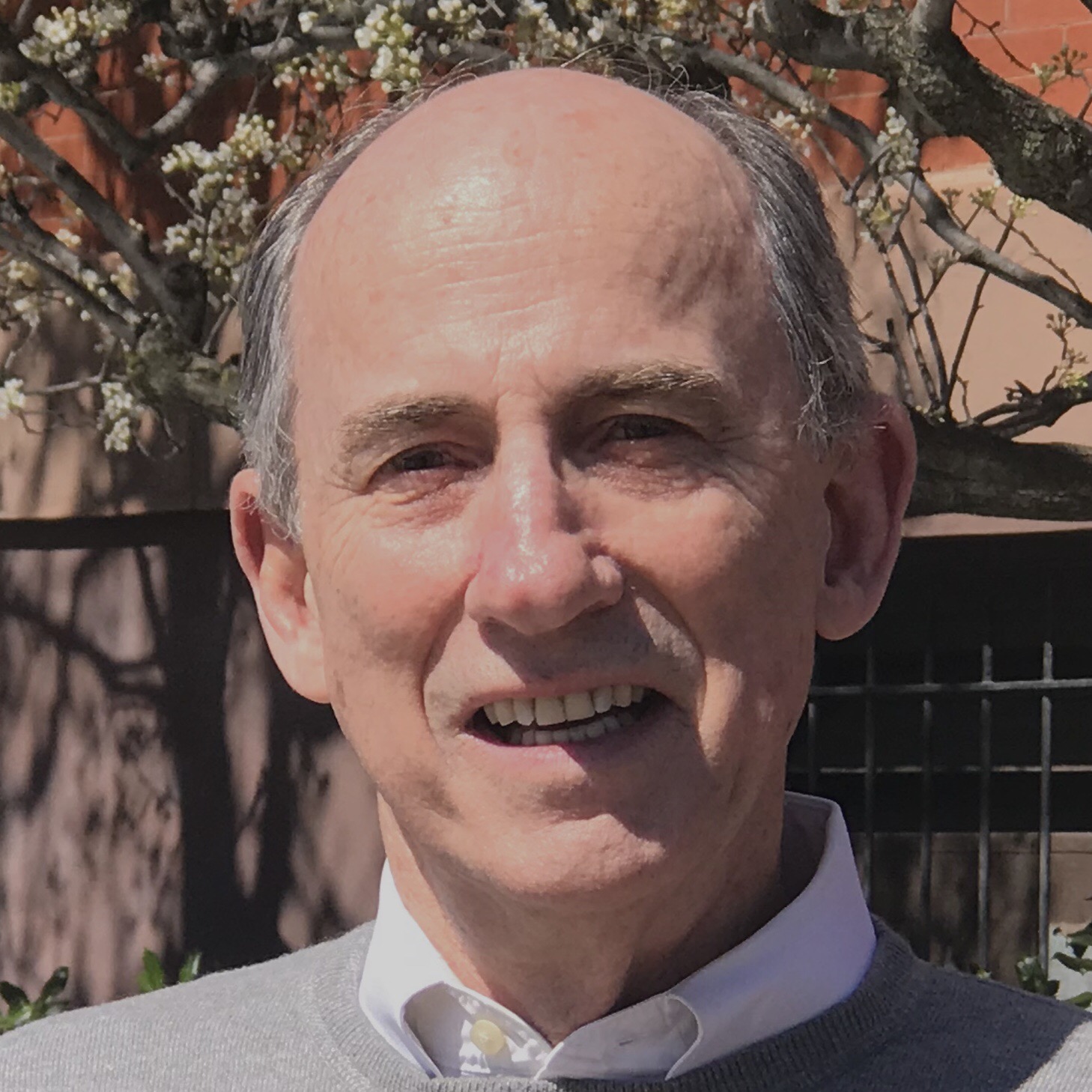Emancipation Proclamation Signed 160 Years Ago
- John O’Brien

- Jan 1, 2023
- 2 min read
By John A. O'Brien
Denver, Colorado
Sunday, January 1, 2023
Lincoln’s hand was shaking from having been heartily grasped by hundreds of well-wishers at the New Year’s Day reception in the White House. Now, as he sat looking at the document in front of him, he paused. He did not want a crimped signature to suggest to future generations that he had lost his resolve. He looked up at William Seward and said, “If my name ever goes into history, it will be for this act, and my whole soul is in it. If my hand trembles when I sign the Emancipation Proclamation, all who examine the document hereafter will say, ‘he hesitated." He then signed, as boldly as ever. He looked up, smiled, and said: "That will do.”

Frederick Douglass was in Boston that day waiting for confirmation that Lincoln had indeed delivered his promise of a Proclamation of Freedom. Nothing was assured. “Mr. Lincoln was known to be a man of tender heart, and boundless patience,’ he wrote. 'No man could tell what length he might go, or might refrain from going, in the direction of peace and reconciliation.” Would Lincoln relent at the last moment? Tremont Temple was crowded with expectant supporters. Prominent speakers tried to sustain the crowd’s enthusiasm, but the hours wore on their patience. It was nearing midnight when Douglass finally heard a voice shout, “It’s coming! It’s on the wires.” The announcement was beyond thrilling. “The scene was wild and grand. Joy and gladness exhausted all forms of expression, from shouts of praise to sobs and tears.”
Later examination of the full document would reveal that it was not the end of all slavery. Lincoln had again set a wedge, separating the slave interests of loyal states from those in rebellion. But Lincoln had recast the rules for the war. It would no longer be fought while protecting the interests of slave-owners. Hereafter, the government and military would be on the side of emancipation. Douglass would still describe the Proclamation as “the greatest event on our nation’s history.” For Lincoln, this was the necessary step taken as far as possible. He wrote to his friend, Joshua Speed, “I believe that in this measure my fondest hopes will be realized.”
Credits: Print "Reading the Emancipation Proclamation" (Library of Congress).
Francis B. Carpenter, Six Months in the White House, 1866.
Frederick Douglass, The Life and Trials of Frederick Douglass, 1892.
Michael Burlingame, Abraham Lincoln: A Life, Vol. II, 2008.




Comments